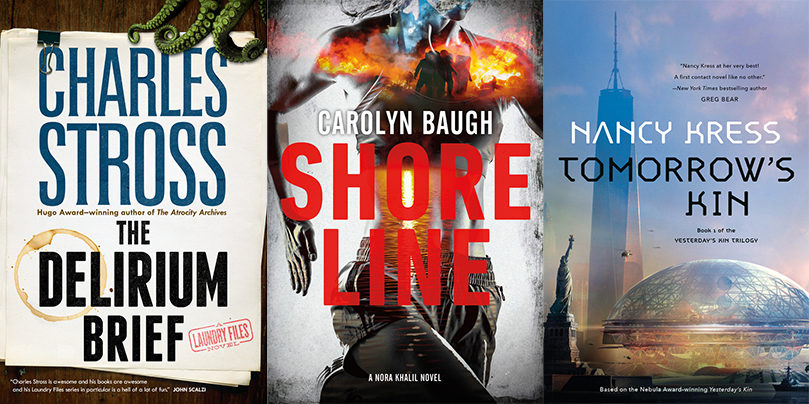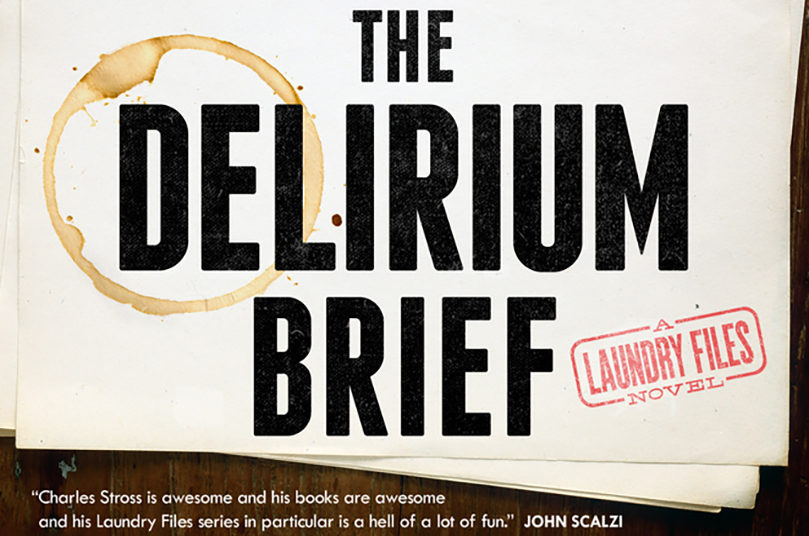
New Releases: 6/5/18
New from Jenni L. Walsh, Cora Carmack, Paddy Hirsch, and more!

New from Jenni L. Walsh, Cora Carmack, Paddy Hirsch, and more!

New from Charles Stross, Carolyn Baugh, Nancy Kress and more.

With The Delirium Brief, Charles Stross’s Laundry Files series is on its third (or even fifth!) publisher. He explains how, exactly, that happened.

The Delirium Brief by Charles Stross continues the story of the Laundry Files, the secret agency that protects the world from unspeakable cosmic horrors. This book will become available July 11th. Please enjoy this excerpt.